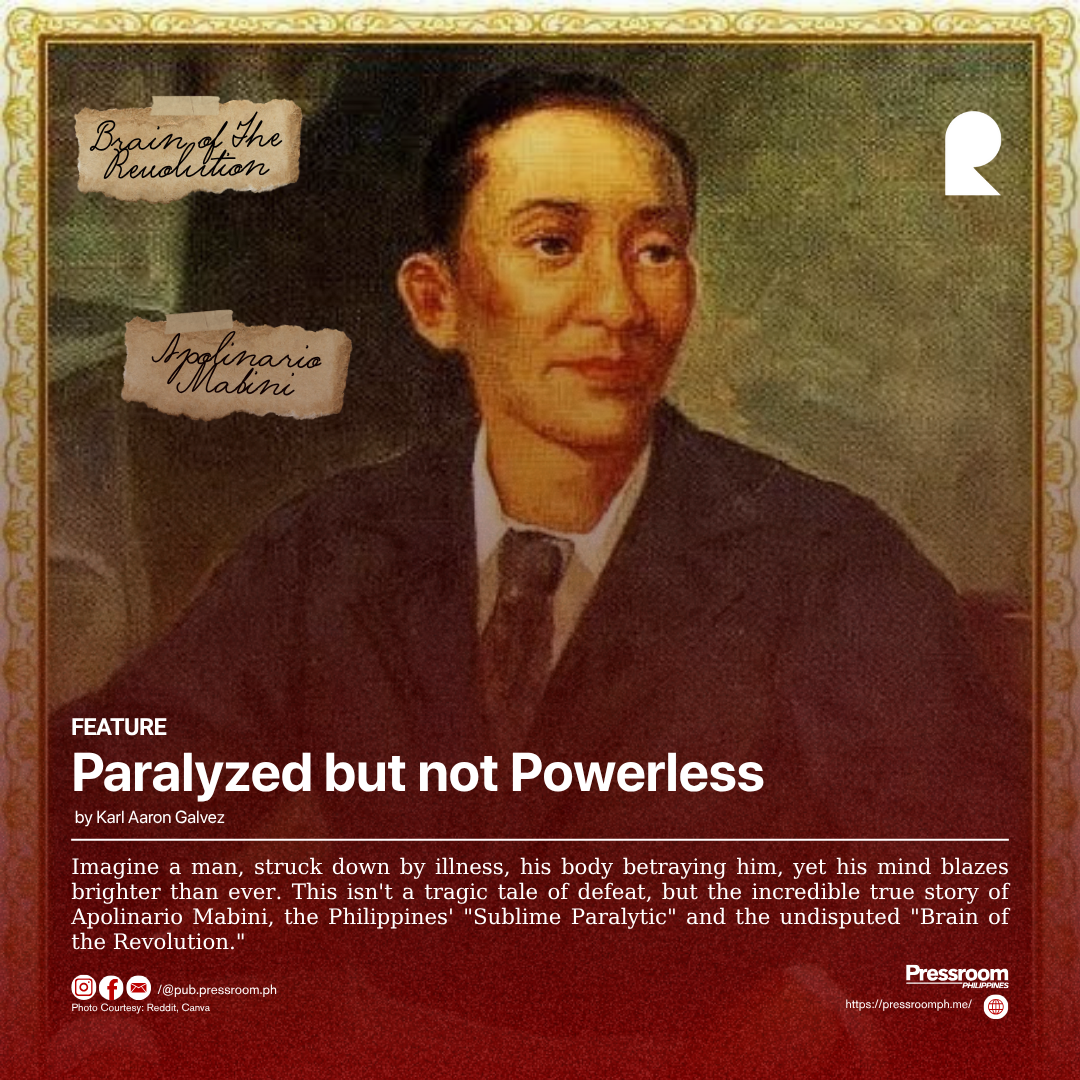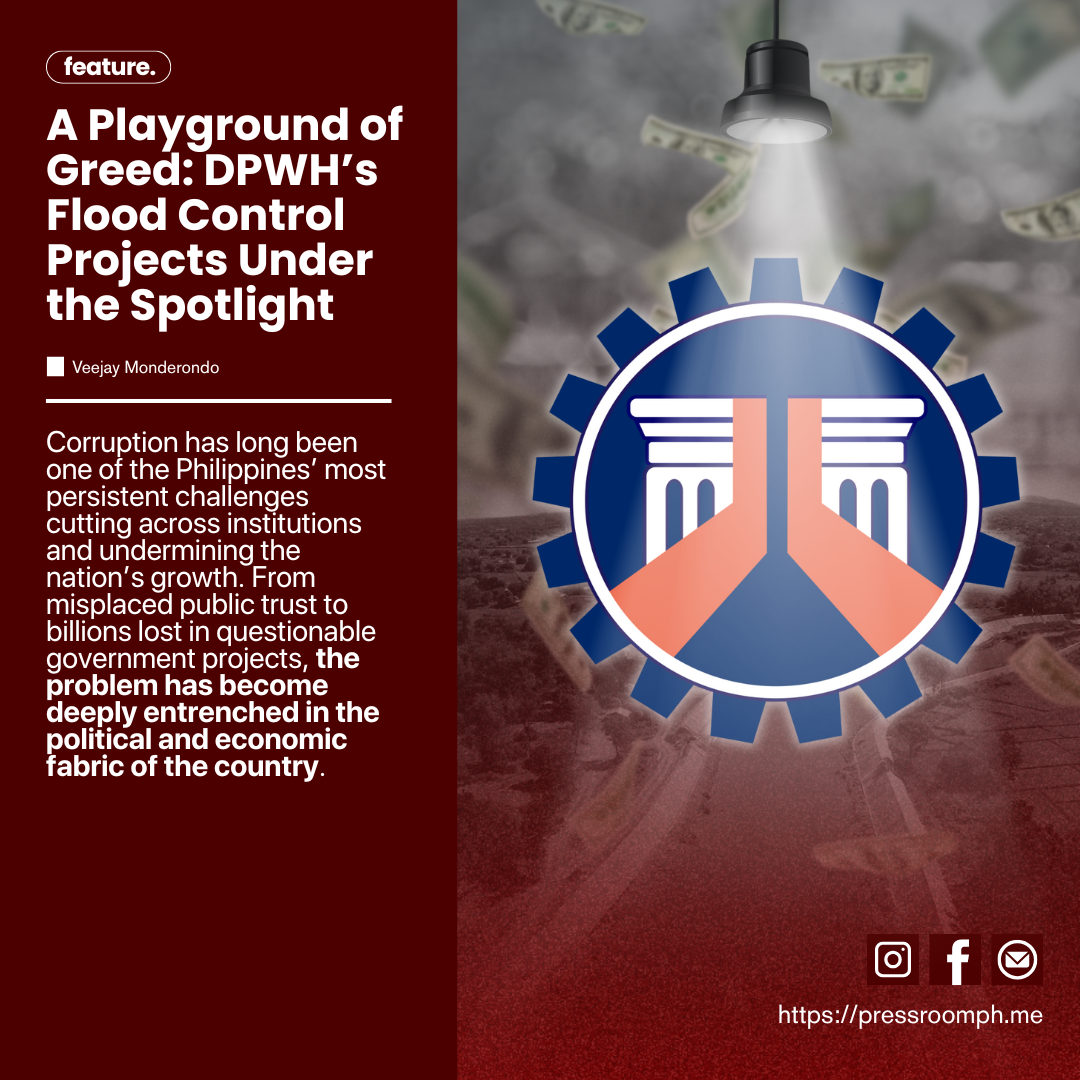Imagine a man, struck down by illness, his body betraying him, yet his mind blazes brighter than ever. This isn't a tragic tale of defeat, but the incredible true story of Apolinario Mabini, the Philippines' "Sublime Paralytic" and the undisputed "Brain of the Revolution."
Born on July 23, 1864, Apolinario Mabini y Maranan didn't lead charges on the battlefield; he wielded a pen, and with it, he shaped a nation. Coming from a humble farming family in Tanauan, Batangas, young Mabini showed early on that his intellect was anything but ordinary. Scholarships paved his way through Colegio de San Juan de Letran and the University of Santo Tomas, where he earned his law degree in 1894.
Just two years later, a cruel twist of fate: polio stole the use of his legs. But it couldn't touch his spirit, or the formidable power of his thoughts.
While others fought with guns, Mabini fought with ideas. He was the silent force: the strategic genius behind the scenes, penning the powerful essays and manifestos that ignited the Filipino revolutionary spirit. Mabini was already paralyzed when he joined the revolution, proving that intellectual work was just as important as fighting in battle. American forces initially believed he was pretending to be paralyzed — they even dropped him to see if he would react.
When Emilio Aguinaldo sought counsel, he turned to Mabini. It was Mabini, in his wheelchair, who drafted the Decree of the Philippine Declaration of Independence in 1898. It was Mabini who authored the Constitutional Program of the Philippine Republic, laying the very foundation for the nation's governance. He even became the First Prime Minister and Secretary of Foreign Affairs in 1899, proving that true leadership transcends physical limitations.
The fight for freedom wasn't over. When American colonization loomed after the Spanish-American War, Mabini stood firm. His refusal to betray his principles by swearing allegiance to the United States led to his exile to Guam in 1901. Yet, even in isolation, his pen remained his weapon. He poured his unyielding patriotism into works like his powerful memoirs, La Revolución Filipina.
Mabini finally returned to the Philippines in 1903, but his journey was cut short. He succumbed to cholera on May 13, 1903, at just 38 years old.
His death was a profound loss, but his legacy endures, towering over time. You'll find his face on old 10-peso coins and commemorative stamps, and his name graces countless schools and streets across the nation. But Mabini isn't just a historical figure, he's a symbol of intellectual resistance, unshakeable integrity, and the very essence of Filipino patriotism.
He was paralyzed, yes, but he was never powerless. He challenged the notion that a hero must be a warrior on horseback, proving that the mightiest battles are often won with the mind. Remember Apolinario Mabini—paralyzed but not powerless.






